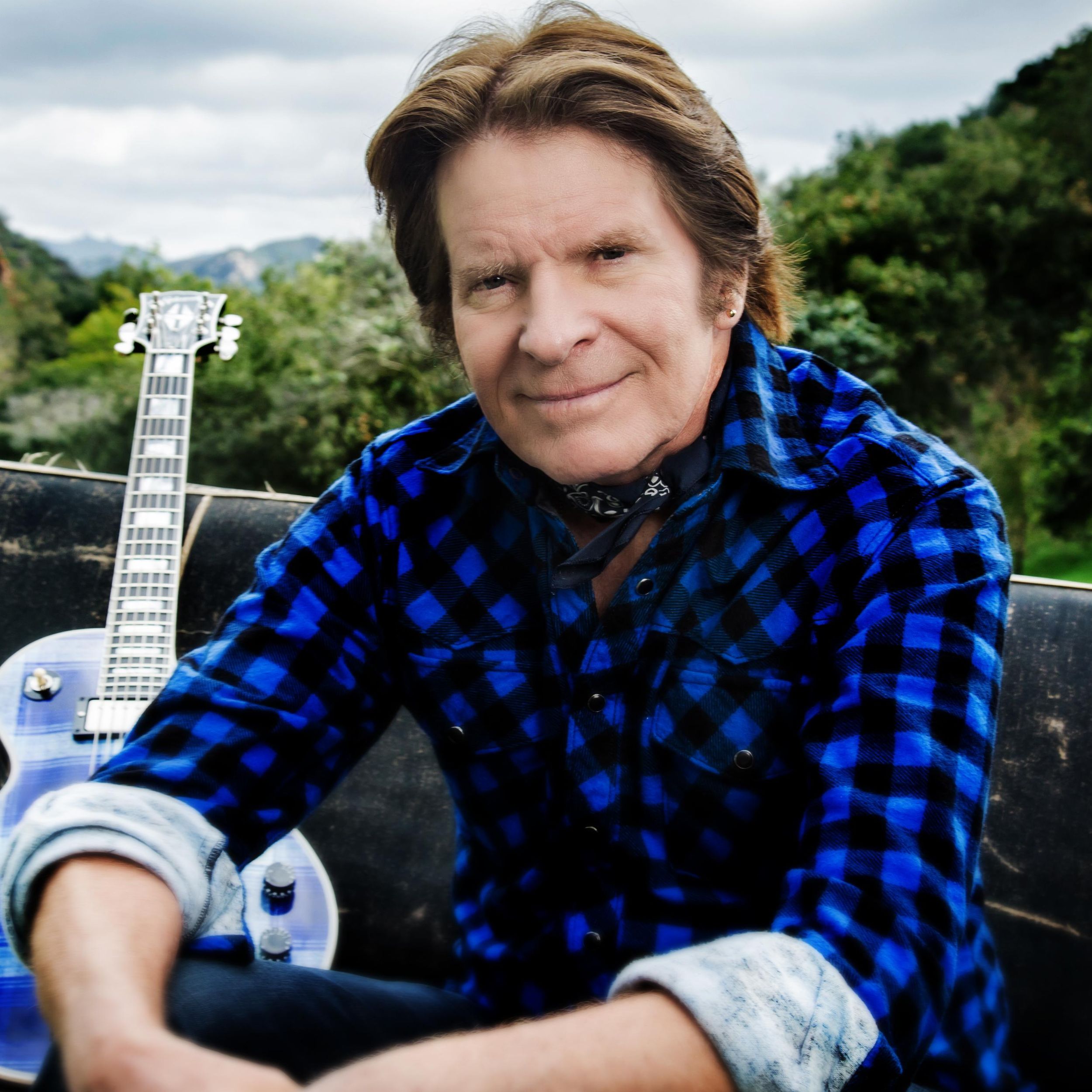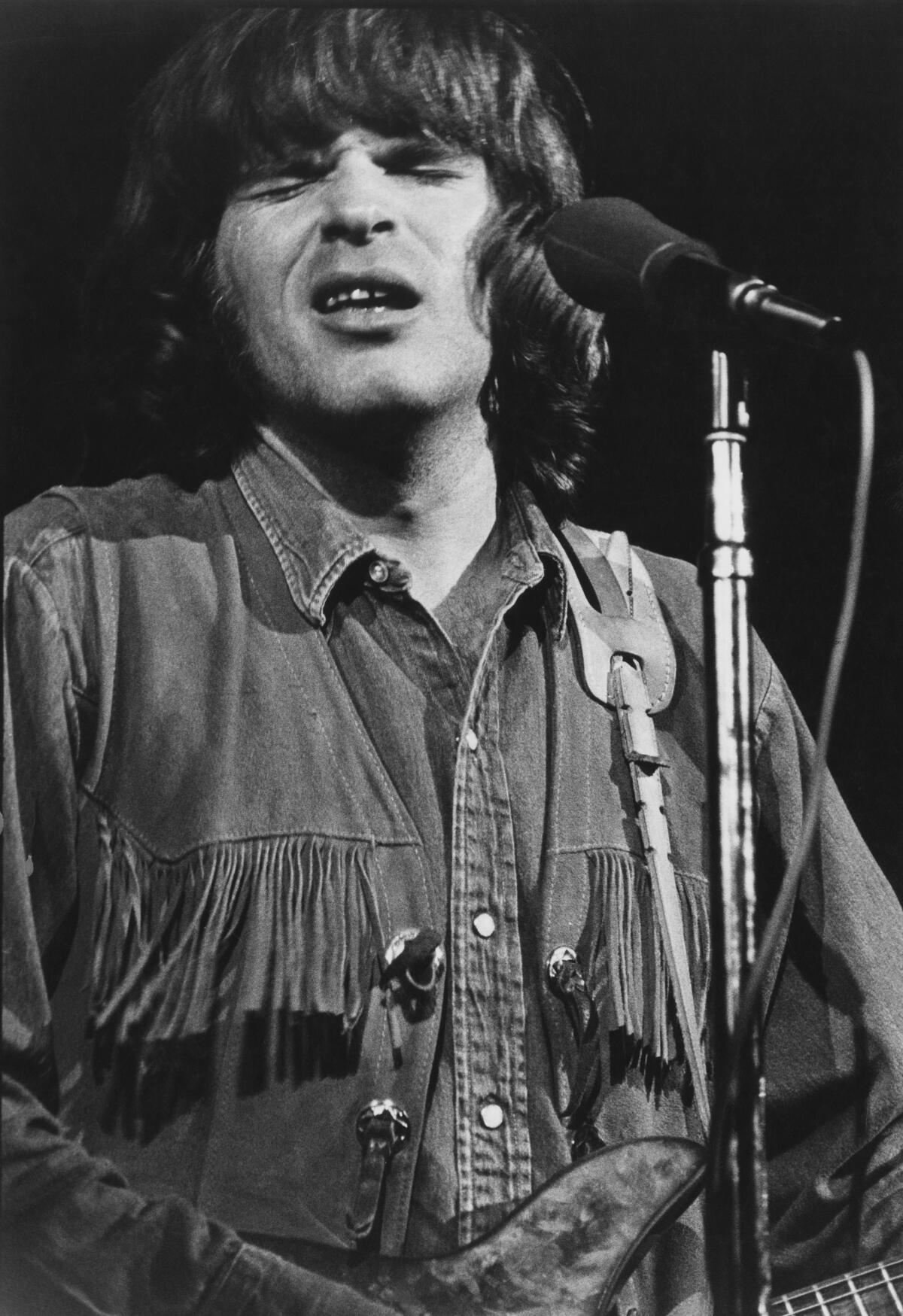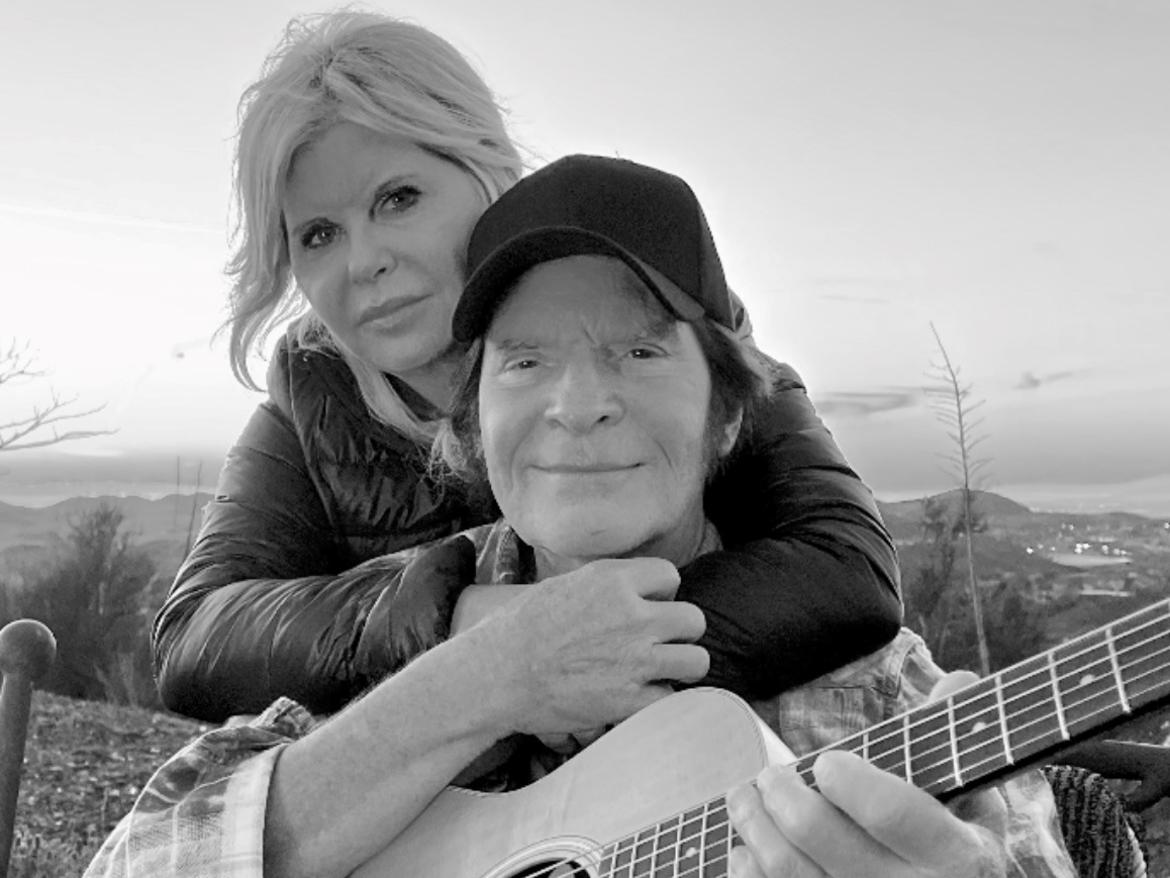John Fogerty
John Fogerty

John Cameron Fogerty, born on May 28, 1945, stands as an iconic figure in American music, renowned as a singer, songwriter, and guitarist of extraordinary talent. Alongside Doug Clifford, Stu Cook, and his brother Tom Fogerty, he co-founded the legendary band Creedence Clearwater Revival (CCR), where he served as the lead singer, lead guitarist, and principal songwriter. The band's meteoric rise saw them amass an impressive array of achievements, including nine top-10 singles and eight gold albums during their prolific tenure from 1968 to 1972. In recognition of their profound impact on the landscape of rock and roll, CCR was rightfully inducted into the prestigious Rock and Roll Hall of Fame in 1993.
Following CCR's dissolution in 1972, Fogerty embarked on a remarkable solo career that has endured the test of time. His contributions to the realm of music have been duly acknowledged, earning him esteemed placements on Rolling Stone magazine's lists of 100 Greatest Songwriters and 100 Greatest Singers, solidifying his status as a luminary in the pantheon of musical greatness.
Fogerty's indelible legacy is woven into the fabric of American culture, with timeless classics such as "Proud Mary," "Bad Moon Rising," "Fortunate Son," "Green River," "Down on the Corner," "Who'll Stop the Rain," "Centerfield," "The Old Man Down the Road," and "Rockin' All Over the World" serving as anthems that resonate across generations, transcending the boundaries of time and space.
As a consummate artist, Fogerty's enduring presence continues to captivate audiences worldwide, his music serving as a testament to the enduring power of rock and roll to inspire, uplift, and unite people from all walks of life.
![]()
John Fogerty's roots trace back to Berkeley, California, where he was born and raised in the vibrant community of El Cerrito. He was the third son among five boys born to Galen Robert and Edith Lucile Fogerty. His father, a native of Iowa, worked as a Linotype operator for the Berkeley Gazette, while his mother, Lucile, hailed from Great Falls, Montana, and taught second grade.
Fogerty's early education began at the School of the Madeleine, a Catholic school in Berkeley, where he faced challenges detailed in his memoir, "Fortunate Son." Subsequently, he attended Harding Grammar School before moving on to St. Mary's High School and later transferring to El Cerrito High School. It was here that he encountered future CCR bandmates and received guitar lessons from Barry Olivier, the creator of the Berkeley Folk Festival.
The musical journey of Fogerty and his brother Tom began during their youth, spending summers at Putah Creek near Winters, California, which later inspired the iconic CCR song "Green River."
In 1959, while still in junior high school, Fogerty, along with bassist Stu Cook and drummer Doug Clifford, formed the Blue Velvets, a cover band deeply influenced by the sounds of rock and roll legends like Little Richard and Bo Diddley. The addition of Tom Fogerty to the lineup solidified the group's formation. Despite initial struggles, including a name change imposed by their record label to The Golliwogs, the band persevered, recording singles under Fantasy Records, laying the foundation for what would eventually evolve into Creedence Clearwater Revival.
In 1966, amidst the tumult of the Vietnam War, John Fogerty found himself facing the prospect of military service when he received his draft notice. On the very day he received this notice, he took swift action, heading to a local United States Army Reserve recruiter. Without delay, the recruiter enlisted him for training as a supply clerk, a move Fogerty believes was strategically timed to predate the arrival of his draft letter.
His journey in the Army Reserve led him to training grounds at Fort Bragg, Fort Knox, and Fort Lee, where he underwent rigorous preparation for his role. Completing his active duty for training in July 1967, Fogerty transitioned into a part-time reservist role until his honorable discharge in 1968. This period of military service, though brief, undoubtedly left an indelible mark on Fogerty's life and shaped his perspective in the midst of one of the most tumultuous eras in American history.
John Fogerty's journey with his band Creedence Clearwater Revival (CCR) was marked by both soaring success and internal tensions. After his military service, the group resumed its activities, releasing an album in late 1967. The following year, they rebranded as Creedence Clearwater Revival, with John Fogerty stepping into the role of lead singer, replacing his brother Tom.
Fogerty's strong vision for the band's musical direction, coupled with his dominance in songwriting and as lead vocalist and guitarist, created strains among the band members. His insistence on having the final say in musical decisions caused resentment within the group, especially with his brother Tom, who eventually left in January 1971. Despite attempts to reconcile differences, internal rifts persisted.
In an effort to salvage the band, Fogerty proposed that the remaining members, bassist Cook and drummer Clifford, share equal songwriting and vocal responsibilities on their final album, "Mardi Gras", released in April 1972. The album, though commercially successful, received poor reviews, and the group disbanded shortly after its release.
Although there were occasional reunions, the band's original members never fully reconciled. Fogerty's dedication to music, characterized by rigorous rehearsals and a disdain for substance abuse among musicians, underscored his commitment to his craft and his uncompromising stance on professionalism. His memoir, "Fortunate Son", offers insights into his approach to music and his unwavering standards for performance.
References
- Fogerty, John; McDonough, Jimmy (2015). Fortunate Son: My Life, My Music. New York: Little, Brown and Company. ISBN 978-0316244572. OCLC 1001704588.
- ^ The Concert at Walter Reed. AuthorHouse. pp. 7–. ISBN 978-1-4343-4646-9.
- ^ Bill Shapiro (January 1, 1988). The CD Rock & Roll Library: 30 Years of Rock & Roll on Compact Disc. Andrews and McMeel. p. 47. ISBN 978-0-8362-7947-4.
- ^ Dafydd Rees; Luke Crampton (1991). Rock Movers & Shakers. ABC-CLIO. p. 99. ISBN 978-0-87436-661-7.
- ^ Ruhlmann, William. "Artists/John Fogerty/Biography". Billboard. Retrieved July 24, 2017.
- ^ "Billboard 200". billboard.com. March 23, 1985. Retrieved August 18, 2009.
- ^ "The 100 Greatest Songwriters of All Time". rollingstone.com. Rolling Stone. Retrieved July 1, 2021.
- ^ "100 Greatest Singers of All Time/John Fogerty". rollingstone.com. Rolling Stone. December 2, 2010. Archived from the original on July 21, 2017. Retrieved July 24, 2017.












































